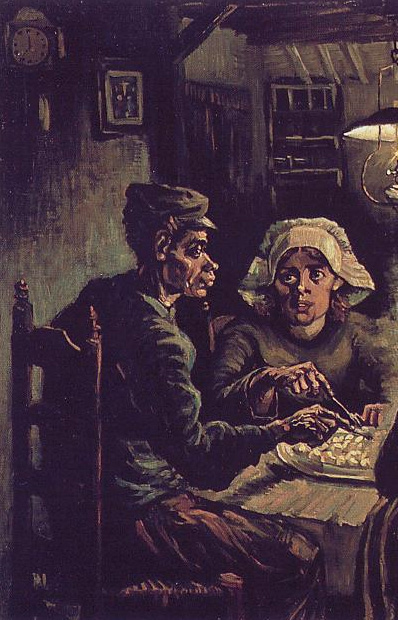1st March 1944, midday
A nursery for film actors—Futility of the art critics—Weber’s Freischütz and Bizet’s Carmen.
It is often said that among our film actors we have none capable of playing certain parts—that, for instance, of the hero. This type of artiste, they say, is non-existent. I have never heard such nonsense. But to find them, you must, of course, look for them. Producers make the mistake of seeking always in the same old circle—the stage and the theatrical agencies. If they would look elsewhere, they would soon find what they want. One has only to think of the splendid types of manhood to be found even now, after five years of war, in our regiments.
Some years ago, before the war, I passed a camp of the Labour Service at Bergdorf. Immediately my car was surrounded by a crowd of bronzed and laughing young men. I remember remarking to one of my companions: “Why don’t our film producers come to places like this in search of talent? In a year or two it would be possible to transform one of these lads into an accomplished actor, even if it were just for one particular part for which they are seeking a star.” In this respect Leni Riefenstahl has the right idea: she scours the villages in search of the peasant types she requires.
In the nature of things, the opinion of an art critic must not be accepted as an irrevocable and unassailable truth. His criticism is, after all, only the expression of his own personal opinion.
When in ten different newspapers ten different critics give their opinion on one and the same work, ten separate personal opinions emerge—unless, of course, they have previously received instructions from interested parties. Has such an opinion any value? I doubt it. We are too prone to forget that the ancients disregarded the art critic. They judged a work on its merits, as they saw them, which, after all, is the natural method of selection. Art criticism, as it has developed since the beginning of the nineteenth century, means either the death of a work of art, since the critics never cease to tear it to pieces; or the death of the press, since the public could have no faith in a press in which the critic of each individual newspaper gives a completely different story on exactly the same work.
If we were to be deprived of art critics, we should not lose very much! One single critique signed with a well-known name may destroy the aspirations of an artist for as long as twenty years.
Examples are not lacking. How many of the artists whom we admire greatly today were previously castigated by the oracles of the times! What is true of painters is true of artists in other fields.
Hoffmann was sufficient gravely to prejudice the chances of success of Der Freischütz. And yet this work, with its deep harmonies, had all the ingredients which should have appealed to the romanticism in Hoffmann. Think of Wagner and how he was torn to bits for ten years by the critics! Had there been no one who appreciated him, it is questionable whether he would have continued with his work. The same thing happened with Carmen. And now the critics who tore these masterpieces to shreds are completely and utterly forgotten, and the works live on.
_____________________________
Consider obtaining a copy of the complete notes
published by Ostara Publications.

